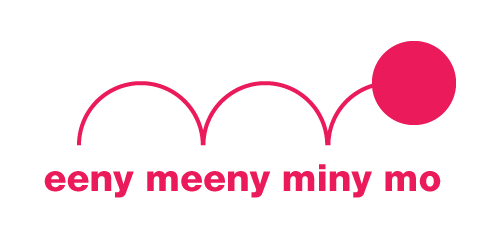

Ī Cornish version collected in 1882 runs: Ena, mena, mona, mite, Bascalora, bora, bite, Hugga, bucca, bau, Eggs, butter, cheese, bread. This was one of many variants of "counting out rhymes" collected by Bolton in 1888. More recognizable as a variation, which even includes the 'toe' and 'olla' from Kipling's version, is: Eenie, Meenie, Tipsy, toe Olla bolla Domino, Okka, Pokka dominocha, Hy! Pon! Tush! Variations of this rhyme, with the nonsense/counting first line have been collected since the 1820s, such as this Scottish one: Hickery Pickery, pease scon Where will this young man gang? He'll go east, he'll go west, he'll go to the crow's nest. Bolton also found a similar rhyme in German: Ene, tene, mone, mei, Pastor, lone, bone, strei, Ene, fune, herke, berke, Wer? Wie? Wo? Was? The "Hana, man" was found by Henry Bolton in the US, Ireland and Scotland in the 1880s but was unknown in England until later in the century. The first record of a similar rhyme is from about 1815, when children in New York City are said to have repeated the rhyme: Hana, man, mona, mike Barcelona, bona, strike Hare, ware, frown, vanac Harrico, warico, we wo, wac.

Occasionally the line copies ' Ip dip': Not because you're dirty, Not because you're clean, Just because you kissed a boy/girl behind the magazine. Or alternatively: O-U-T spells out, you are not it.

Sometimes additional lines are added at the end of the rhyme to draw out or manipulate the selection process or make it seem less predetermined, such as: My mother told me/says to pick the very best one, and that is Y-O-U The last two lines may be changed to "if he hollers, let him pay, fifty dollars every day." and changing the verb in the third line to "screams", "wiggles", "squeals" or another verb. There are many common variations, such as replacing tiger with "piggy", "tinker", "tigger", "chicken", "monkey", "baby", "spider", "teacher", "miner", a two-syllable name, etc. If he hollers, let him go, Eeny, meeny, miny, moe. A common modern version is: Eeny, meeny, miny, moe, Catch a tiger by the toe.


 0 kommentar(er)
0 kommentar(er)
